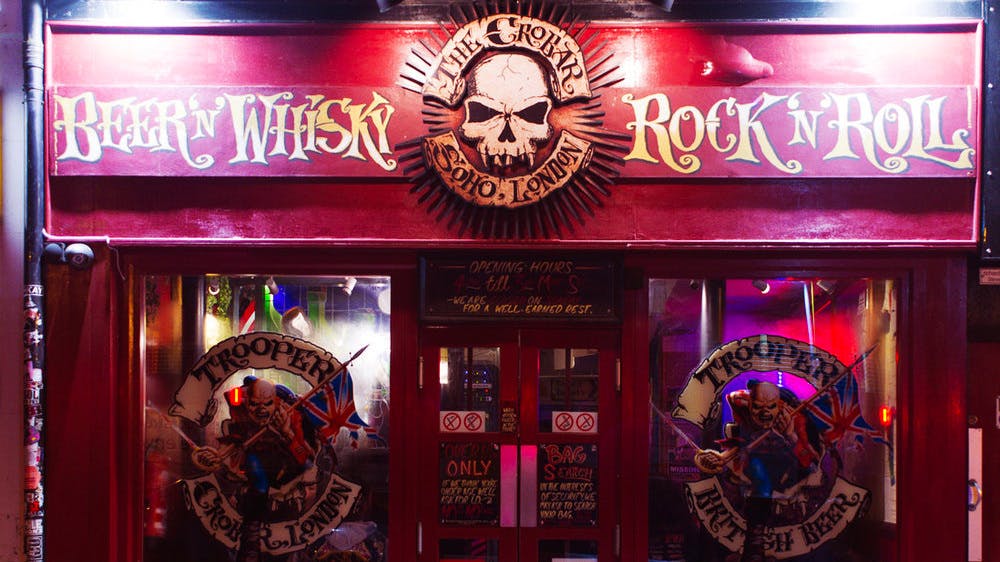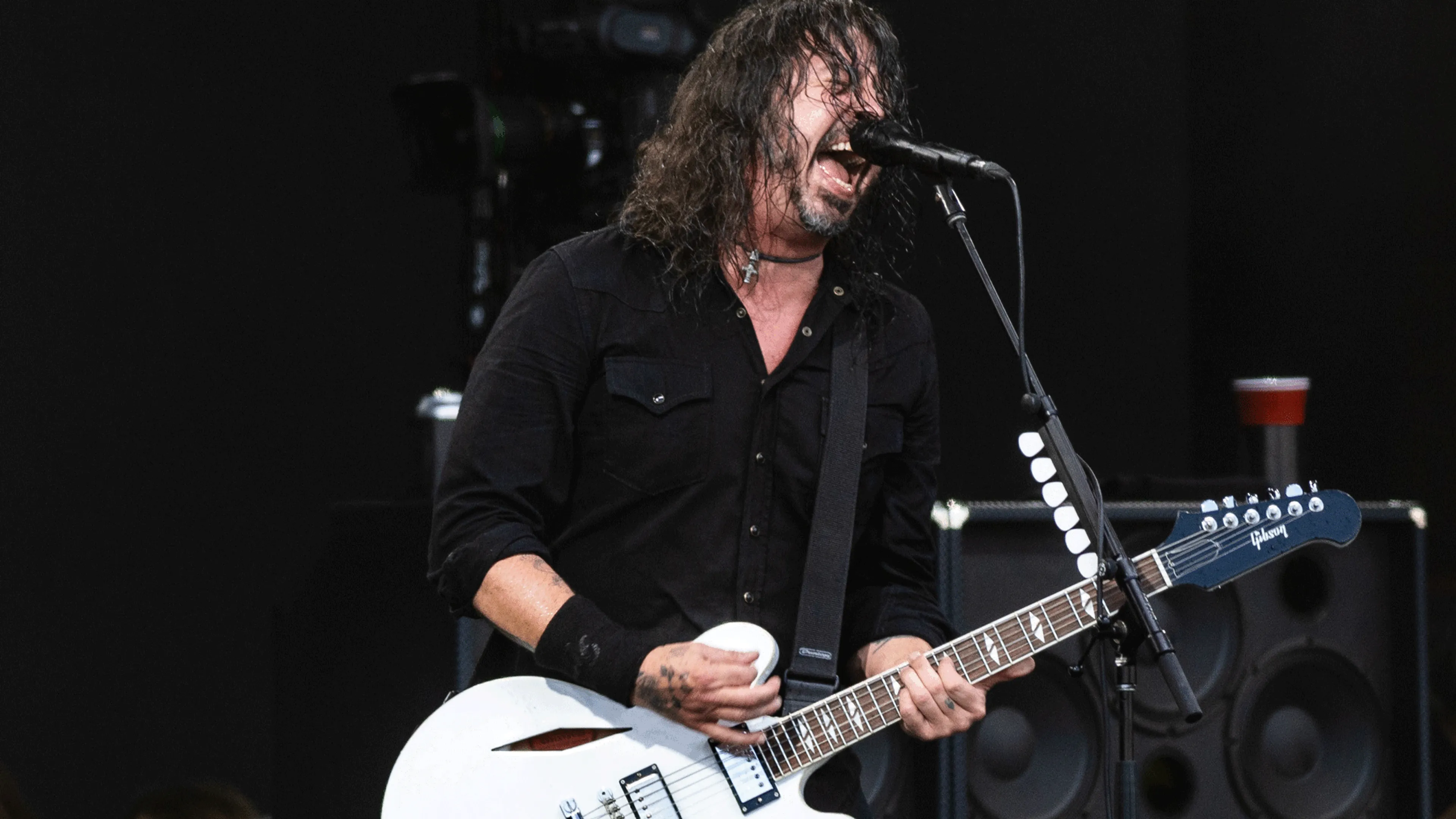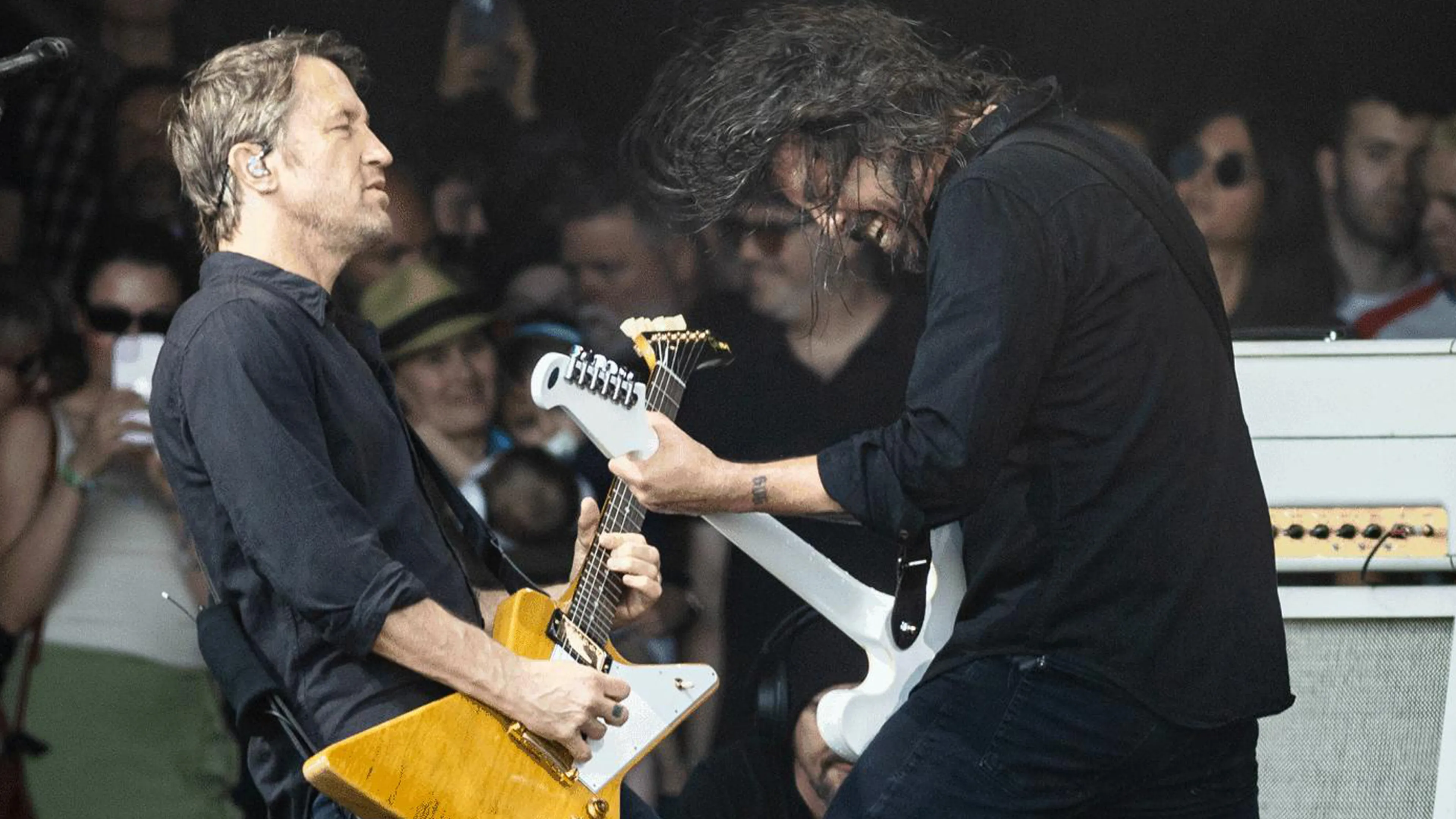The entrance was hilariously crowded, the standing area at the bar so narrow even Steven Tyler might have to breathe in to get past, and the stairs down to the toilet challenging enough before you’d had a drink, but this is what estate agents call “character”, and Crobar had tons of it. It was the squashed-in, find-a-corner, fuck-it’s-hot vibe of the place that gave it its atmosphere. That and the endearingly grubby décor, a killer jukebox so good it spawned its own compilation album, and a feeling that you were Where It’s At. It wasn’t gigi, it wasn’t looking self-consciously over its shoulder to see who could see what it was doing, and it wasn’t begging you to like it, but people loved it all the same for what it was: a cool rock bar in a cool part of a cool city. You can’t buy or manufacture that, and it’s why any band who ever played in one of the neighbouring venues were done, they’d be in there until 3am. “Was I doing shots of gin!?” asked an absolutely shitted Dave Grohl to K! during an interview the day after one of many big nights out there. Yes, yes you were. We all were.
That Crobar continued standing as the rest of its neighbours moved or were demolished speaks volumes. The Borderline is gone. Soho is becoming more restaurants and chain places than sex shops and rock’n’roll. The Astoria and LA2 – two of London’s most frequented touring stops – were torn down by Crossrail (unnecessarily, as it maddeningly turns out) in 2009, taking away natural gig footfall. And yet, even as a destination in itself, Crobar thrived - it was its own good night out. And that would have continued, had our government, allegedly the party of business, given a shit about small businesses during COVID. Instead, it was left to die on the vine; another brilliant, unique, naturally cool, quirky place the likes of which are vanishingly rare, easy to lose but hard to gain, lost.







